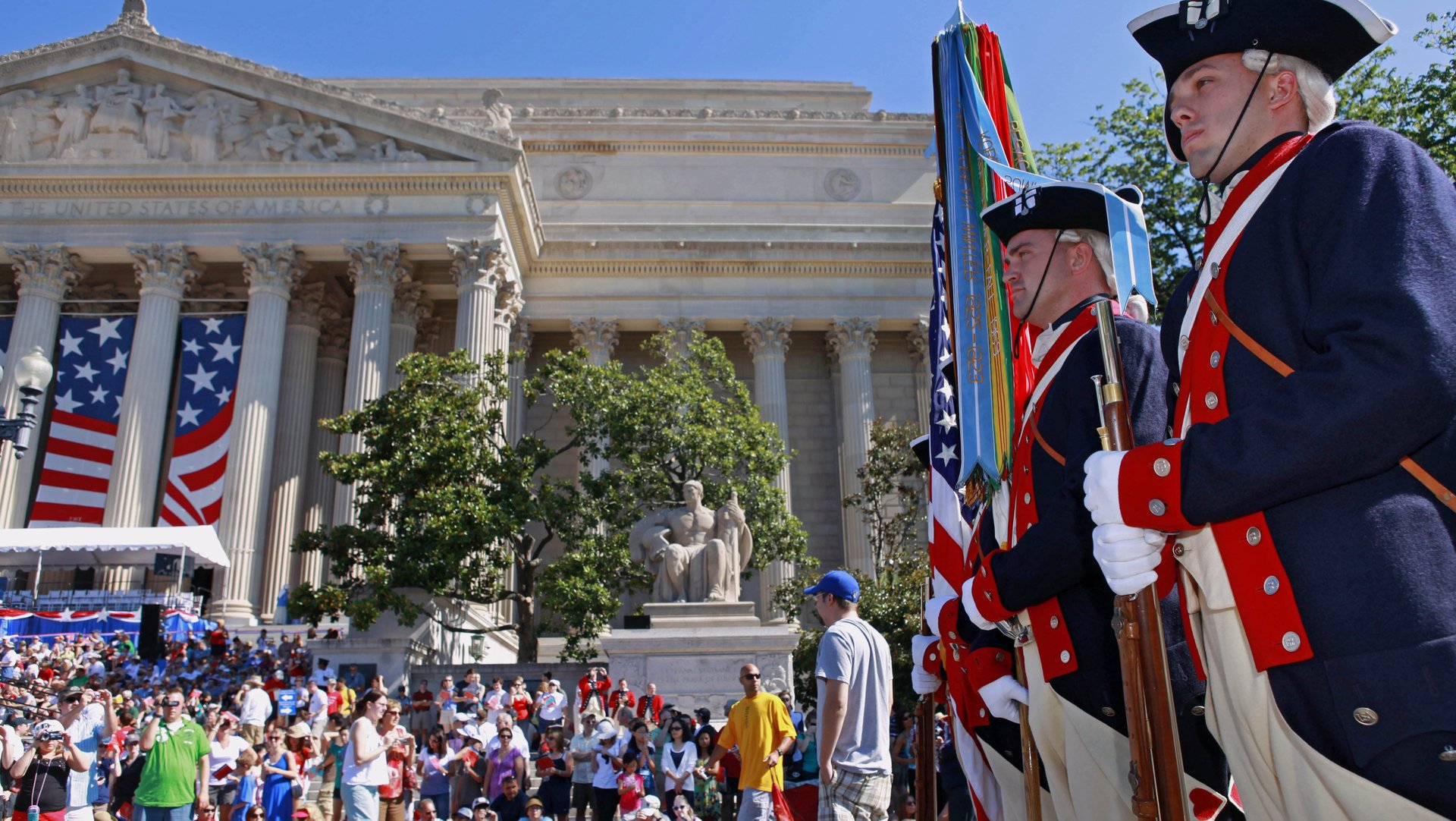Trump’s proposed cuts to the humanities strike at the heart of what actually makes America great
Ken Burns’s timeless, award-winning documentary series The Civil War has entertained and enlightened students for almost 30 years. The nine-part PBS series, a staple in American classrooms, was largely credited for reviving cultural interest in the war and making the complex saga accessible to all ages. It is a seminal achievement, evidence of the good that can be done when the US government funds programs that foster learning and understanding around the country.


Ken Burns’s timeless, award-winning documentary series The Civil War has entertained and enlightened students for almost 30 years. The nine-part PBS series, a staple in American classrooms, was largely credited for reviving cultural interest in the war and making the complex saga accessible to all ages. It is a seminal achievement, evidence of the good that can be done when the US government funds programs that foster learning and understanding around the country.
If it were up to Donald Trump, the documentary might not even exist. It would be cut, along with the entire National Endowment for the Humanities (NEH), the federal agency that helped fund Burns’s beloved work.
In Trump’s proposed 2018 budget, the NEH, along with its sister agency, the National Endowment for the Arts (NEA), would be eliminated. At $148 million, the NEH budget is 1/21,000th of the $4 trillion US federal budget—a minuscule figure the NEH affectionately likens to “barely more per capita than the cost of a postage stamp.” (The military, meanwhile, would receive a $54 billion boost in Trump’s budget, increasing its total spending to almost $640 billion.)
The NEH has quietly, but profoundly, advanced uniquely American interests since its inception in 1965. America would be considerably less great without it.
There may not be another government agency that does so much with so little. Created by an act of congress over 50 years ago, the NEH has funded countless books, museums, research projects, lectures, and exhibitions, in every US state, devoted to the study of the humanities (language; linguistics; literature; history; jurisprudence; philosophy; archaeology; religion; ethics, and arts criticism).
It funded some of the most influential books on American intellectual history, including Jack Rakove’s Original Meanings: Politics and Ideas in the Making of the Constitution and Gordon Wood’s The Creation of the American Republic, 1776-1787. It sponsored the United States Newspaper Project, which digitized more than 60 million pages of historic papers. It creates innovative programs for veterans. It grants fellowships and awards to historically black colleges and universities, Hispanic-serving institutions, and Native American communities all over the US.
You might not know it, but if you live in the United States, you’ve likely come across an NEH program either during your schooling or in your adult life. I’ve benefited from the agency’s initiatives several times throughout mine.
The best course I took in high school (a public school in New Jersey), was called IPLE, or the Institute for Political and Legal Education. The course teaches civics, as well as important concepts about US constitutional law and the judiciary. Each year, students in the class compete in the “We the People” competition, a series of simulated congressional hearings in which participants can flex what they’ve learned about the US constitution as it applies to civil cases. It was one of the coolest things I got to do in high school, and made me want to become a history major in college.
The organization that runs the competition, the Center for Civic Education, is funded in part by the NEH.
In college, I used the agency’s microfilmed newspaper catalog to conduct research for several projects. I read Pulitzer-winning books by Rakove, Wood, Eric Foner, and Bernard Bailyn, all of which were made possible by NEH grants. And that was just in the course of studying American history. No doubt budding linguists, philosophers, and lawyers had similar experiences throughout their education.
No academic discipline has done more to promote democratic ideals or cultivate America’s cultural identity than the humanities. Without the NEH, America’s understanding of its own importance in the world would be decidedly less complete. To erase it is to literally erase centuries of history.
Donald Trump has spent two years telling the American people he will make America great again. If you want to know what made America great in the first place, and continues to make America great as long as it still exists, check out an NEH exhibit.